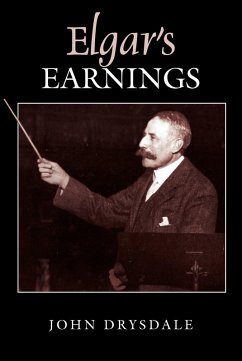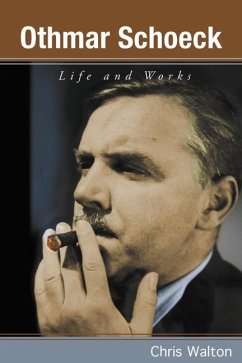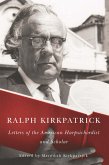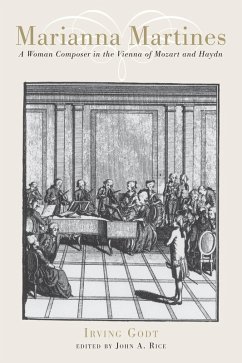Although Elgar achieved fame, status and recognition in his lifetime, his earnings did not match the standard of living to which he aspired.
The late nineteenth century was a propitious time for British composers. But while the demand from music publishers for their works grew substantially, the copyright and royalty terms were such that even successful composers couldnot achieve the levels of earnings enjoyed by other creative artists such as authors, painters and dramatists. However, in the early twentieth century, new sources of earnings emerged, notably performing fees, broadcasting fees and royalties from record sales.
Unlike other leading contemporary British composers, who also held prestigious, salaried positions, Elgar was, by his own volition, a freelance composer who relied entirely on the precarious earnings from his works, supplemented by conducting fees and a brief tenure at Birmingham University. As a result, although Elgar achieved fame, status and recognition in his lifetime, both nationally and internationally, his earnings did not match the standard of living to which he aspired. This lack of money, exacerbated by too much expenditure, was a constant source of worry, complaint and frustration to Elgar, even though he had become a beneficiary fromthe new sources of income in the twentieth century. Elgar's Earnings investigates whether Elgar's complaints about a lack of money can be justified by the facts. Drawing on hitherto neglected primary sources, especially the Novello Business Archive, John Drysdale examines the relatively poor terms offered by music publishers to composers of serious music in general and Elgar in particular and explores the reasons why successful painters and authors, such as G. B. Shaw, could obtain much better terms. This comparative analysis enriches our understanding of the economic and social forces at work in nineteenth and early twentieth century Britain and shows how Elgar, despite his insecure financial position, helped to establish the profession of the English composer, to the lasting benefit of future generations.
JOHN DRYSDALE is a musicologist and former investment banker.
The late nineteenth century was a propitious time for British composers. But while the demand from music publishers for their works grew substantially, the copyright and royalty terms were such that even successful composers couldnot achieve the levels of earnings enjoyed by other creative artists such as authors, painters and dramatists. However, in the early twentieth century, new sources of earnings emerged, notably performing fees, broadcasting fees and royalties from record sales.
Unlike other leading contemporary British composers, who also held prestigious, salaried positions, Elgar was, by his own volition, a freelance composer who relied entirely on the precarious earnings from his works, supplemented by conducting fees and a brief tenure at Birmingham University. As a result, although Elgar achieved fame, status and recognition in his lifetime, both nationally and internationally, his earnings did not match the standard of living to which he aspired. This lack of money, exacerbated by too much expenditure, was a constant source of worry, complaint and frustration to Elgar, even though he had become a beneficiary fromthe new sources of income in the twentieth century. Elgar's Earnings investigates whether Elgar's complaints about a lack of money can be justified by the facts. Drawing on hitherto neglected primary sources, especially the Novello Business Archive, John Drysdale examines the relatively poor terms offered by music publishers to composers of serious music in general and Elgar in particular and explores the reasons why successful painters and authors, such as G. B. Shaw, could obtain much better terms. This comparative analysis enriches our understanding of the economic and social forces at work in nineteenth and early twentieth century Britain and shows how Elgar, despite his insecure financial position, helped to establish the profession of the English composer, to the lasting benefit of future generations.
JOHN DRYSDALE is a musicologist and former investment banker.
Dieser Download kann aus rechtlichen Gründen nur mit Rechnungsadresse in A, D ausgeliefert werden.









